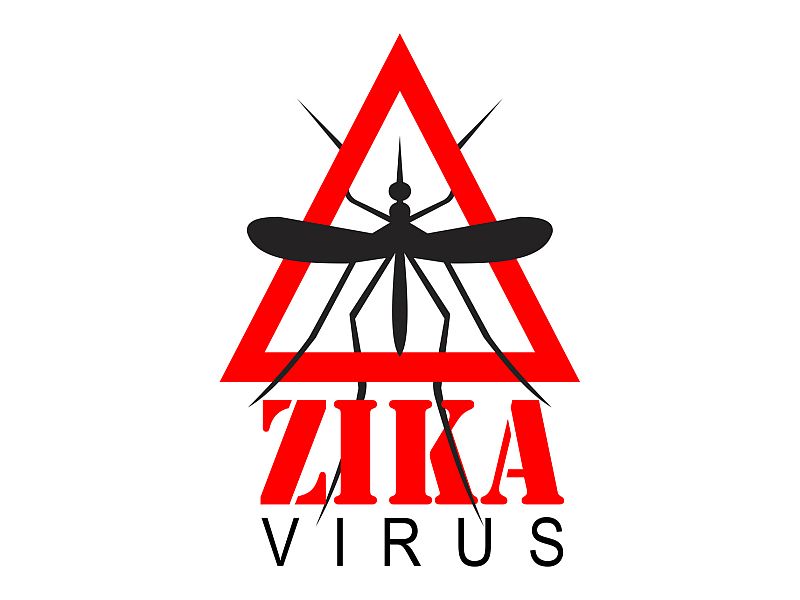

CDC Allocates $184 Million for Zika Protection
Funds are earmarked for states, territories, local health departments and universities
Thursday, December 22, 2016


THURSDAY, Dec. 22, 2016 (HealthDay News) -- Nearly $184 million has been earmarked to protect Americans against Zika virus infection, the U.S. Centers for Disease Control and Prevention announced Thursday.
The funding will go to states, territories, local governments and universities. It's part of $350 million awarded to the CDC by Congress earlier in 2016 for Zika response and preparedness, the agency said.
"Zika continues to be a threat to pregnant women," CDC Director Dr. Tom Frieden said in an agency news release. "States, territories, and communities need this CDC funding to fight Zika and protect the next generation of Americans."
Zika exposure in pregnancy can cause microcephaly -- which leads to an abnormally small brain and head -- and other serious birth defects. Also, some adults develop a rare neurological disorder called Guillain-Barre syndrome.
The CDC said the supplemental funds will help states control mosquitoes and beef up communication to the public and health care providers about Zika concerns.
Other priorities include: sending emergency response teams to states with Zika outbreaks; improving laboratory-testing capacity; and providing a framework for tracking pregnancies and births affected by Zika, the CDC said.
The CDC said $25 million will be awarded to 21 communities at greatest risk of Zika infection so they can rapidly identify, investigate and contain any virus cases.
Four universities will receive $10 million each for Zika research. They are the University of Florida, the University of Texas Medical Branch at Galveston, the University of Wisconsin in Madison, and Cornell University in Ithaca, N.Y.
Nearly $100 million will go to 58 state, territorial, city, and local public health departments, the agency said.
Zika spreads to people primarily through the bite of an infected mosquito, but can also be transmitted by infected people to their sex partners. There is no vaccine or treatment for Zika.
The most common symptoms are fever, rash, joint pain, and conjunctivitis (red eyes), but many people infected with Zika have no symptoms.
Pregnant women and women planning to become pregnant should protect themselves from mosquito bites, avoid traveling to areas with Zika virus, and take precautions if having sex with someone who has traveled to an area where Zika is circulating, the CDC said.
So far, the only mainland states that have reported Zika transmission from a mosquito to a human are Florida and Texas.
SOURCE: U.S. Centers for Disease Control and Prevention, news release, Dec. 22, 2016
HealthDay
Copyright (c) 2016 HealthDay. All rights reserved.
News stories are provided by HealthDay and do not reflect the views of MedlinePlus, the National Library of Medicine, the National Institutes of Health, the U.S. Department of Health and Human Services, or federal policy.
- More Health News on:
- Zika Virus



























.jpg)












No hay comentarios:
Publicar un comentario